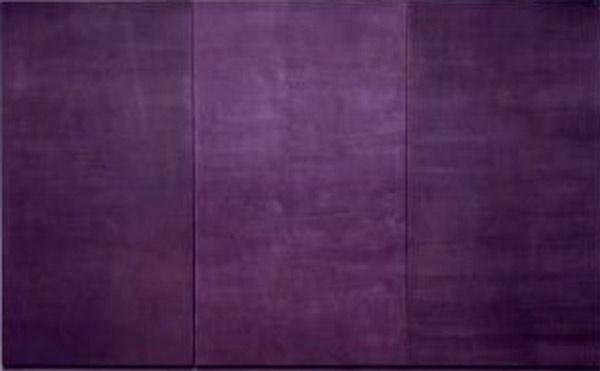I recently ran across a book called The Ordinary Virtues: Moral Order in a Divided World, by Michael Ignatieff. A quite fabulous title for a book I didn’t write, don’t you think? Ignatieff went in search of the moral values that regular people all over the world hold in common – our ordinary virtues – to determine whether there is such a thing as a “single global ethic.” To my great relief, the global ordinary virtues he identified through his conversations are quite similar to mine: “trust, tolerance, forgiveness, reconciliation, and resilience.” While we aren’t always consistent in our practice of ordinary virtues, he finds they are hopeful, personal, “not an abstraction but just what you do and how you live, and that displaying the virtues, as best you can, is the point and purpose of a human life.” Exactly.
Ignatieff says that when our world was much smaller, we were insulated from other moral and ethical belief systems, and that allowed us to have moral certainty. But in our more globalized world, where we’re exposed to lots of different beliefs (religious and otherwise), “we do not have the luxury of moral closure.”
Triptych from the Mark Rothko chapel
In Becoming Wise: An Inquiry into the Mystery and Art of Living, Krista Tippett echoes this, at least for faith-based belief systems. “I honor the integrity and necessity of doctrine and theologies that have emerged in conversation across generations and across time. But so many of our categories, defined and wrapped in forms and institutions that no longer quite work, had become too narrow. Certain kinds of religiosity turned themselves into boxes into which too little light and air could enter or escape. So did certain kinds of nonbelief. Dogmatic atheism is no more intellectually credible than dogmatic faith. Both presume a certainty in things unproven that a spirit of inquiry, a virtue of investigation, inclines to nuance.”
I heard someone say not long ago that our values are our identity. Our values are our identity. Without the structure of virtues defined by theology, we are left to choose our values from a buffet of moral options – from religion, the social contract, the golden rule, or a potentially dark source. If we choose our values, then we choose our moral grounding, our belief system, the substance of our identity. What does it mean for our individual and community identities – what we do and how we live – when our choices are unbound and ethical systems compete for our attention? What do we do with that kind of power? Because it is a powerful thing to consider and choose.
I facilitated a values conversation last week and while thinking about my follow up, I decided that “our values are our identity” needs broadening. It’s not much of a sound bite, but how about: our purpose plus our values plus our talents are our identity. What are values without action or purpose? If we don’t actively practice our values, do they matter? In other words, if the tree of kindness falls in the woods and no one is on the receiving end, does it matter? Are values without purpose and action worth having?
Henry Moore sculpture, Yorkshire
So it isn’t just choosing and holding values or ordinary virtues. It’s wisely choosing virtues from the morality buffet, then putting them into practice toward a purpose, as consistently as we can. This is true for individuals, businesses, organizations, and communities. Sanctuary cities have made a choice about their identity and purpose. Churches that accept all people with love and without judgment have made a choice about their identity and purpose. Places that restrict access to military weapons have made a choice about their identity (big shout-out to Dick’s Sporting Goods, Walmart, Delta, and other businesses that are putting their values ahead of weapon sales and the NRA). Places that leave up or take down statues of racist figures have made choices from the morality buffet. States that limit adoption to heterosexual couples have made a choice. Businesses that don’t pay for contraception under their employees’ health coverage have made a choice. The NRA people with their tinfoil hats who think that restricting automatic weapons is the top of a slippery slope toward the hellfires of facism have made a choice and their purpose is extreme personal freedom over social responsibility, over being their brothers' keepers.
And we choose the purpose to which we direct our values, and our choices and actions define us. Active practice of our ordinary virtues, the point and purpose of a human life. We may not have moral certainty, but we have a sense of right and wrong. Our choices matter.
The sculpture at the top of the page is by Jaume Plensa, a favorite. I love that thought and language make the structure of a genderless, colorless human figure. He makes similar human sculptures with music notes.
As always, thanks for reading, and please leave your thoughts in the comments or send them to me at ordinaryvirtues@gmail.com.
#kristatippett #michaelignatieff #theordinaryvirtues #ordinaryvirtues


